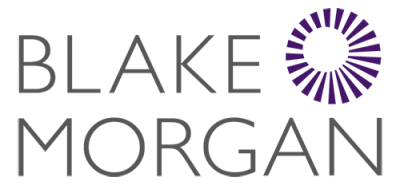Contact: Nicola Rochon; Blake Morgan (Southampton, England)
Two years on from the start of a class action in relation to the famous Happy Birthday song, the US District Judge George King has ruled that Warner Chappell Music do not have a valid copyright attached to the "Happy Birthday" song lyrics.
Since 1935 Warner Chappell Music, the global music publishing company, have been earning an estimated $2 million a year in royalties from their copyright over one of the worlds most popular songs– "Happy Birthday". But the US federal Judge's ruling yesterday may have brought Warner Chappell's lucrative royalties position to an end.
The Happy Birthday melody was originally composed by sisters Mildred and Patty Hill some time before 1893. At that time the melody was known as "Good Morning To All", it had the same melody as "Happy Birthday" but different lyrics.
The first reference to Happy Birthday lyrics was in an article in 1901. The lyrics were then publicised in a 1911 book and several later publications, but these publications did not credit anyone with creating the infamous lyrics.
Warner Chappell has argued that the Hill sisters wrote the lyrics and then in 1893 assigned their rights to the lyrics to the Clayton F Summy Company. They claimed that in 1935 the Summy Company published and registered copyrights to "Happy Birthday" and in 1998 Warner Chappell music bought the Summy Company and therefore gained the Happy Birthday copyright.
However, on 22 September 2015 the District Judge ruled that it was not clear who first wrote the Happy Birthday lyrics and so it is unclear whether the Summy Company ever really obtained rights over the lyrics. It was concluded that the Hill sisters gave the Summy Company a right to the melody and piano arrangements but not any rights to the lyrics. Accordingly, no copyright of the lyrics was ever passed to Warner Chappell.
As a result of this ruling, in the US Happy Birthday lyrics are now considered freely available in the public domain and payment will no longer need to be made to use the popular song.
This result could cost Warner Chappell millions of dollars in royalties and licensing fees. Over the last 80 years Warner Chappell has been collecting an estimated $2 million a year in royalties from various companies, television shows, films and commercial enterprises that have used the song. Now the lyrics are considered public domain Warner Chappell is facing a huge loss in these fees.
In addition, Warner Chappell potentially faces an order to pay back their significant earnings from the song over the last 80 years. The plaintiffs are suggesting that Warner Chappell Music should be ordered to return the millions of dollars paid to them in licensing fees and royalties.
Nicola Rochon is a Paralegal in Blake Morgan's Commercial Litigation and Dispute Resolution team based in Southampton.









